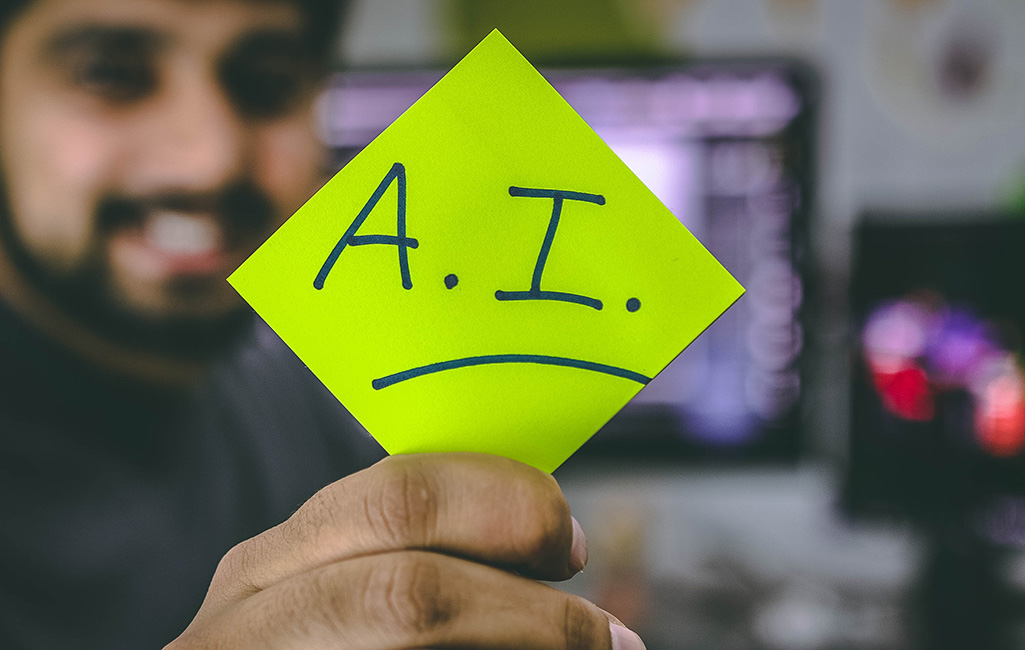
Artificial intelligence (AI) refers to the ability of a computer or machine to perform tasks that would normally require human intelligence, such as learning, decision-making, problem-solving, and language understanding. AI systems can be trained to perform these tasks using data, algorithms and machine learning techniques. There are several different types of AI, including narrow or weak AI, which is designed to perform a specific task, and general or strong AI, which has the ability to perform any intellectual task that a human can.
ChatGPT is a variant of the GPT-3 language model developed by OpenAI. It is a conversational AI model that can generate human-like text in response to prompts given by users. ChatGPT is trained on a large dataset of human conversations and is designed to understand and respond to a wide range of topics and contexts. It can be used to power chatbots and virtual assistants, generate content for social media and websites and perform other language-related tasks.
The preceding paragraphs were written by ChatGPT from the prompts I provided.
Whether we’ve entered a brave new world or a lazy new world has yet to be determined, but the introduction of Artificial Intelligence programs that can be used by the masses holds the promise or curse of changing much about the written word. At least one person has “co-authored” a children’s book using AI for the text and the illustrations. Another is experimenting with AI illustrating Scripture in a series he calls How AI Imagines the Bible. See Solomon’s temple rendered here and the story of David and Goliath here.
History demonstrates that new technology is often accepted with little criticism … until later when the negative results begin to outweigh the positive promise. Think of how social media was the way to find old schoolmates, stay connected to distant family, and discover people with the same hobbies. Until it became a means for societal division, political deceit, and social unrest.
We should learn from the social media experience and approach AI with both eyes open.
Because content-generating AI draws from the massive amount of online content, it can generate theological content as well as benign articles about the history of Garfield. (The cartoon or the president; AI is ready.) How are we to think about AI being used in sermon preparation? What about sermon writing?
It is not too far a stretch to get from lifting entire sections of sermons—or entire sermons—from Pastors.com or SermonCentral.com to prompting “Write 600 words on the ransom theory of the atonement of Jesus Christ” on ChatGPT and using the results word-for-word. (I just did this. AI returned 600 theologically accurate words including quotes from Ignatius of Antioch and Justin Martyr.)
If AI becomes the go-to for sermon prep, how long before prep becomes copy/paste, and congregations are hearing sermons prepared not through prayer, toil, study, sweat, and tears, but through a few well-worded prompts, minor edits, and an added story from the pastor’s last vacation?
Lest you think I’ve run full speed beyond the pale, as much has already been suggested to me. In a recent exchange on the topic, my conversation partner posited a scenario in which pastors were freed to spend more time in face-to-face ministry while “the bots hashed out all the theology.”
“To whom shall we go, ChatGPT, you alone have the words of life,” some weary theologian sighs from 2050.
Can AI be led by the Spirit? Can an AI-written sermon be anointed? Can the one who brings it? These are all questions that would have seemed nonsensical a decade ago, something the Jetsons’ pastor might have asked. But we stand at the cusp of what AI means for preaching and theology, not in the future, but starting now.
Jason Thacker, Chair of Research in Technology Ethics at the Ethics and Religious Liberty Commission, while noting these issues were “beginning to heat up” around the world, nonetheless wrote in 2020, “[N]o one I know is debating the use of artificially intelligent (AI) pastors or robots performing religious rituals.” If sermon preparation can be considered a religious ritual, and in some ways it can, the debate is now upon all of us.
“Wait,” one might object. “Isn’t using AI basically the same as an internet search? If AI is ‘cheating’ isn’t using search engines cheating?” No, and here’s why:
Searching the internet during study returns existing results that you can use as part of sermon prep, no different in practice than retrieving physical books from your shelves or opening your news app and using an illustration or historical fact. Artificial Intelligence actually composes paragraph after paragraph of text. If you don’t like the result, just hit “Try again.”
In my view, AI can be used ethically as a means of doing research, especially when introducing or illustrating sermons. “Write three reasons 2023 might be difficult for families” is a fair query. Asking for 1,000 words is not.
Every preacher should readily admit that our words in preaching are not automatically God’s words. Indeed, we strive to make sure our words do not obscure His and often pray for this specific thing, “Hide me behind the cross.” Our challenge in the Age of AI is that we remain anchored to the Word, so that even in our faltering and stumbling efforts we are led by the Spirit, glorifying God, and not overly dependent on the new robot overlords.
(EDITOR’S NOTE – Marty Duren is a freelance writer and contributor to ncbaptist.org.)


